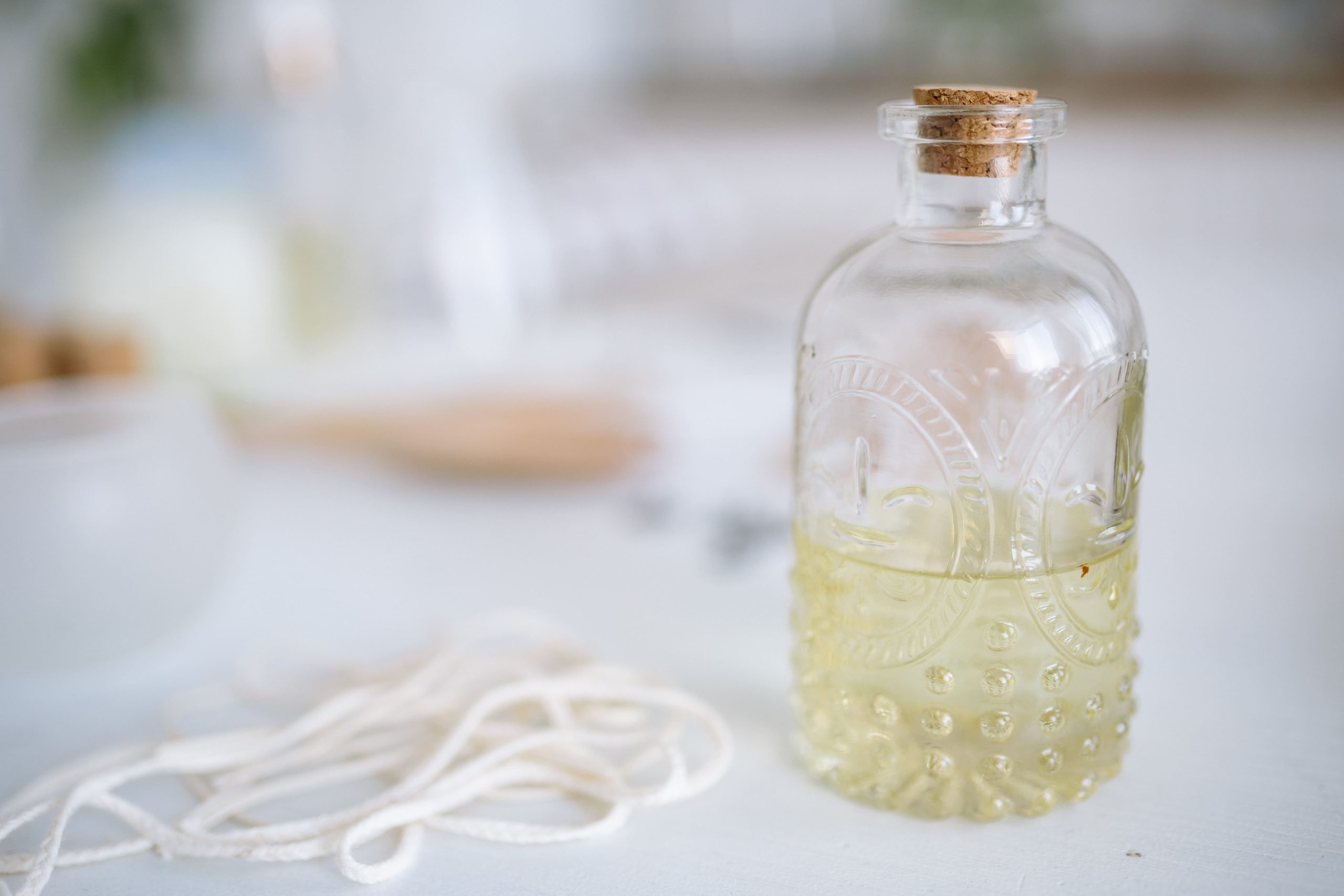Oil pulling
Discover all the properties and benefits of oil pulling for your dental health.
What is Oil Pulling?
Oil pulling is an oral hygiene technique that involves using oil (commonly sesame or coconut oil) to cleanse the teeth and gums.
The oil helps trap and remove bacteria and debris in the mouth, which can improve dental health and freshen breath.
Advantages of Oil Pulling
Some of the advantages of this technique are:
- Helps eliminate harmful bacteria from the mouth, reducing the risk of infections and plaque buildup.
- Improves breath freshness naturally, without the use of artificial mouthwashes.
- May help whiten teeth by removing surface stains over time.
- Strengthens gums and may reduce inflammation and bleeding.
- Prevents cavities by maintaining a cleaner oral environment.
- Uses natural ingredients, making it a chemical-free alternative for oral care.
- Supports overall well-being, as part of a holistic health routine.
How is oil pulling done?
It is an oral cleansing technique that involves placing a tablespoon of oil (usually coconut oil) in the mouth and swishing it around for about 15–20 minutes before spitting it out and rinsing the mouth with water.
It is recommended to perform this technique on an empty stomach, before brushing your teeth.
Benefits of Oil Pulling
Some of these benefits include:
Oil Pulling: Side Effects and Contraindications
Some people may experience side effects from oil pulling, such as jaw discomfort, headaches, or nausea.
The most common contraindications of oil pulling are:
- Chewing or swallowing difficulties: If you have trouble chewing or swallowing, oil pulling may not be suitable for you.
- Temporomandibular joint (TMJ) problems: It may worsen TMJ symptoms such as jaw pain and clicking sounds.
- Dental issues: If you have loose teeth or dental prosthetics, oil pulling may affect their stability.
- Pregnancy and breastfeeding: Oil pulling has not been sufficiently studied in pregnant or breastfeeding women, so it is recommended to avoid it during these periods.
- Allergies to oils: If you are allergic to any of the oils used in oil pulling, you should avoid the practice.
It is advisable to consult your dentist or doctor before starting any oral hygiene treatment.
What oil should you use for oil pulling?
The most commonly used oil for oil pulling is sesame oil, due to its anti-inflammatory and antibacterial properties.
However, other oils can also be used, such as coconut oil, olive oil, sunflower oil, MCT oil, and tea tree oil.
Make sure to use raw, unrefined oil, as refining processes can remove the oil’s health benefits.







